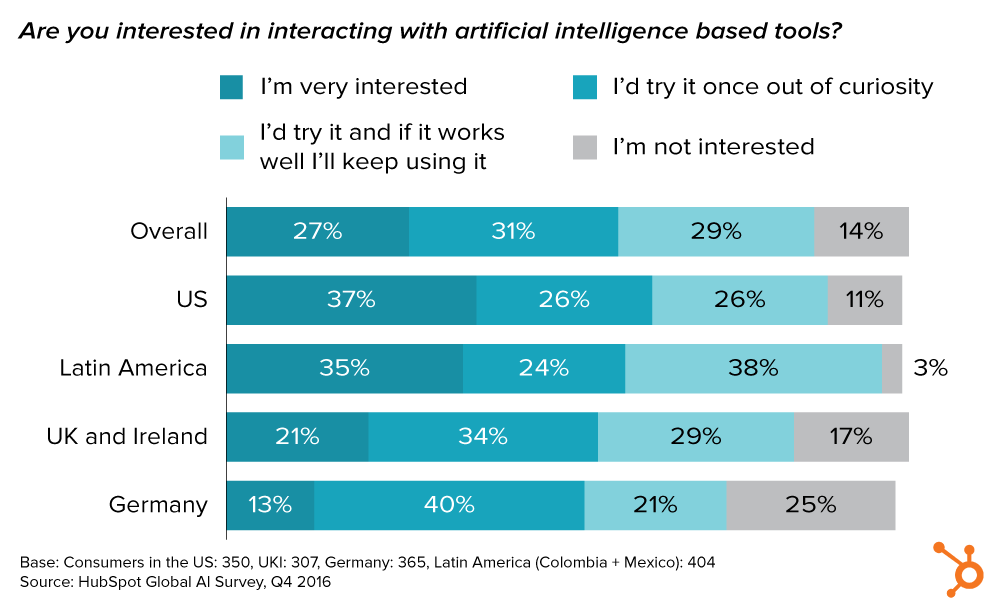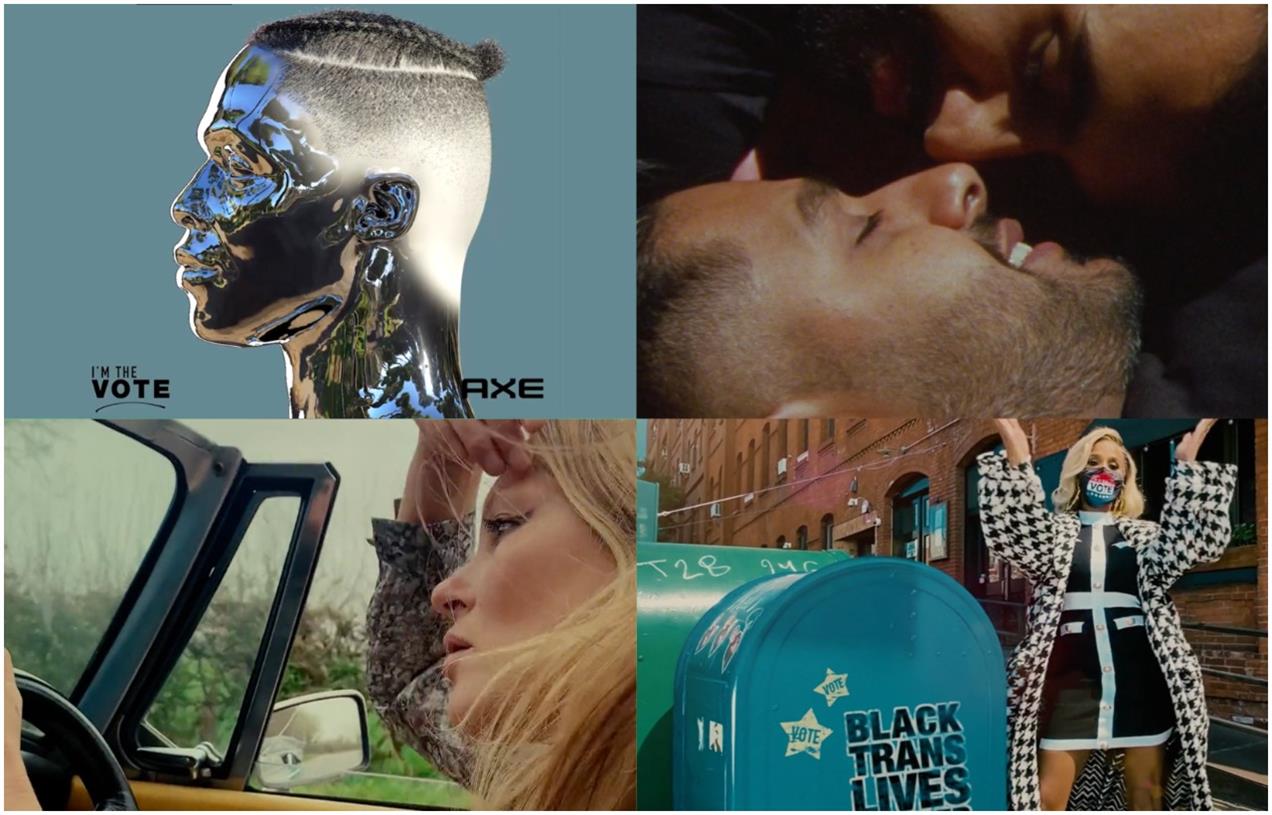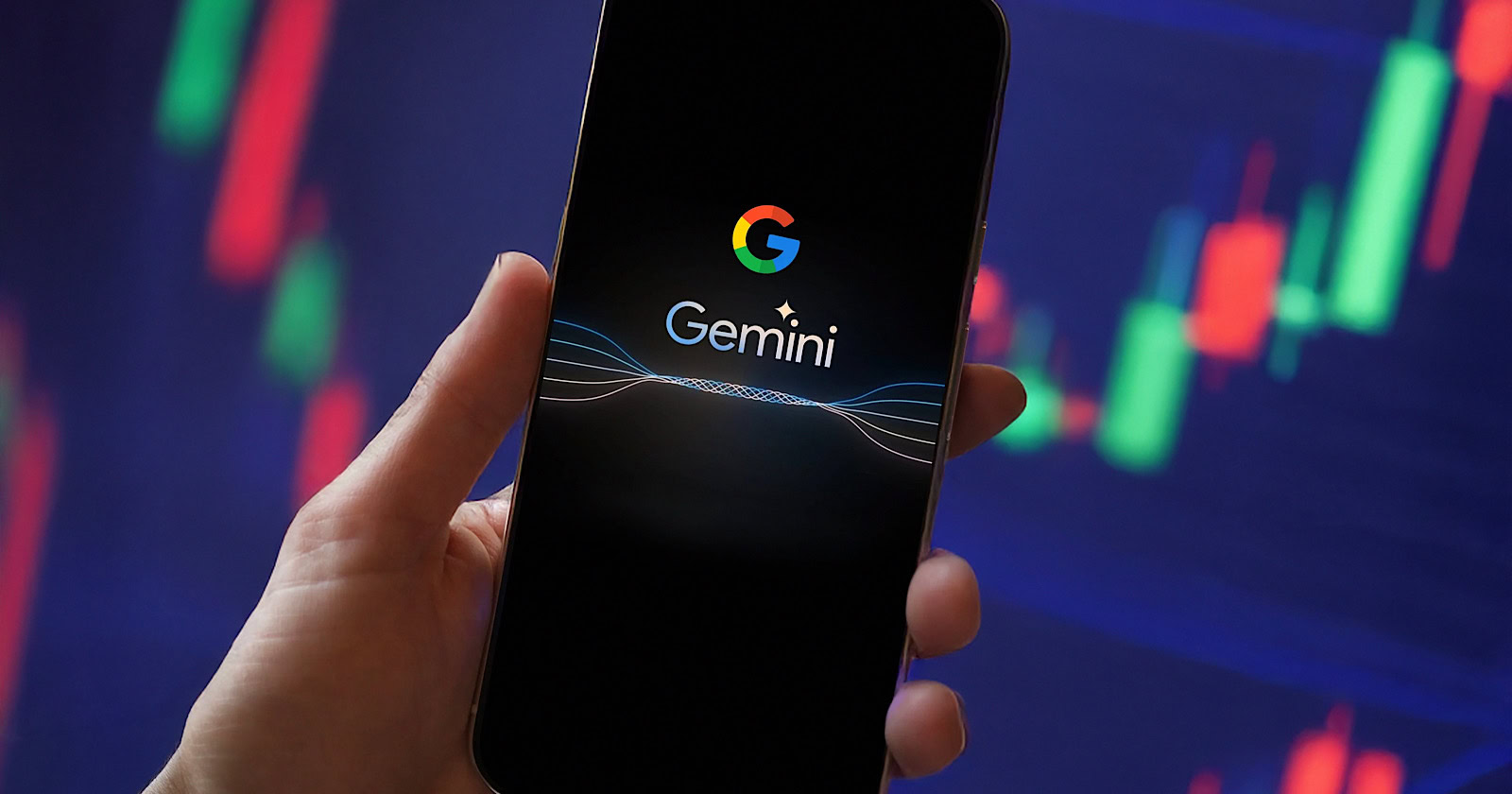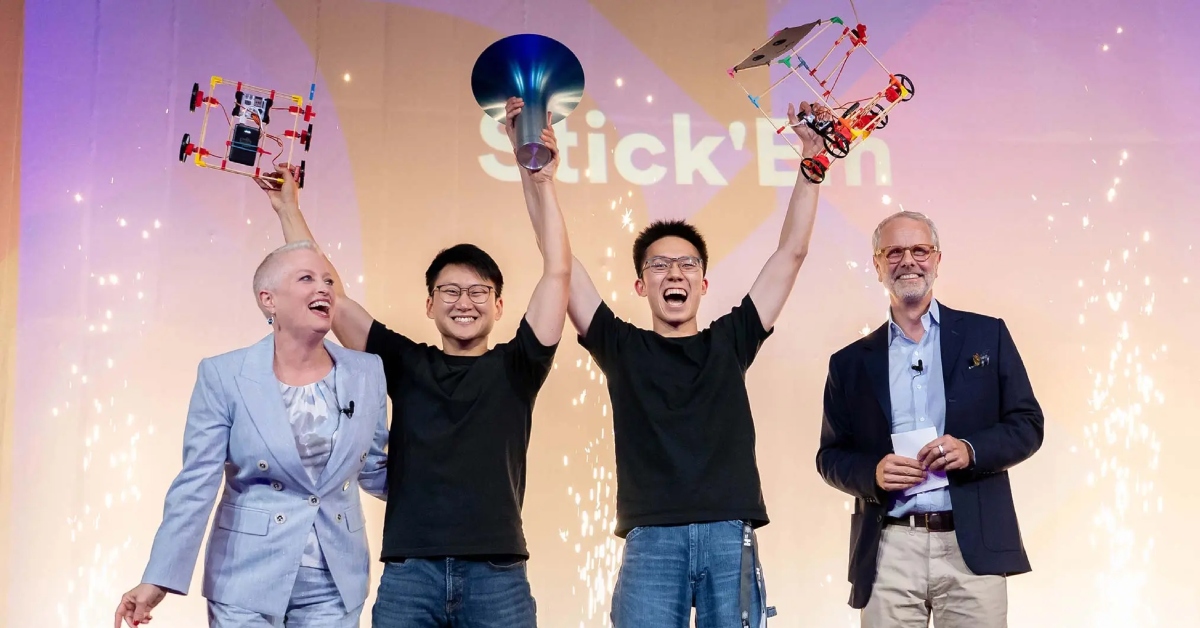How AI Perceptions Have Changed in the Last Decade [Comparing New & Old Consumer Data]
AI may sound like a new tech trend, but it's actually been around in the lives of business owners, marketers, and consumers for years. So, how has the perception of AI changed over time?
![How AI Perceptions Have Changed in the Last Decade [Comparing New & Old Consumer Data]](https://blog.hubspot.com/hubfs/Untitled%20design%20%2850%29.jpg#keepProtocol)
AI may sound like a new tech trend, but it's actually been around in the lives of business owners, marketers, and consumers for years. So, how has the perception of AI changed over time? To answer this question, we looked at the data HubSpot collected in the 2017 survey we conducted of 1,400+ consumers worldwide. We then compared that data to our 2023 State of AI Survey, in which we surveyed 1,350+ business professionals. How People Felt About AI in 2017 How People Perceive AI in 2023 How AI's Perception Could Change In 2017, 86% of people wanted to try out AI tools. We also suggested businesses tap into that interest early on to differentiate themselves from competitors, especially regarding customer service. Speaking of service, our 2017 report also found that 57% of consumers were interested in getting real-time answers from bots on a company website. Many consumers also reported being comfortable using AI-enabled technologies for more involved customer service requests. When we asked respondents how they preferred to be helped in a service setting, 40% didn't care if they were supported by a person or AI tool. The most interesting find from our 2017 report was how many respondents had no idea they were using AI. Only 37% of our respondents said they’d used an AI tool. However, through follow-up questions, we found that 63% of respondents who said they didn’t use AI technologies were actually using AI – they just didn't know voice search engines or programs like Siri are powered by AI. Our 2023 State of AI Survey shows attitudes surrounding AI are favorable, and business professionals worldwide continue to be interested in using the technology. Overall, business professionals are more aware of using AI in their workflow. Our survey shows 35% of marketers, 54% of bloggers, and 41% of business leaders use AI tools like chatbots, Jasper, Grammarly, and more in their workflows. 78% say AI/automation tools can help them spend more time on the most critical aspects of their roles. Remember we said 40% of customers didn't care if they were helped by an AI tool? Well, in 2023, 57% of customer support specialists agree AI can help them personalize the customer experience. Furthermore, 62% agree AI tools can help them understand their customers better, and 71% say AI can help them improve the overall customer experience. According to Forbes, the AI market will reach $407 billion by 2027, a massive leap from its estimated $86.9 billion revenue in 2022. As the AI market grows, I predict AI will become more commonplace in the next five years as consumers, business owners, and marketers find ways to use it in their workflow and daily tasks. Forbes already reports 60% of business owners say AI will increase productivity. The perception of AI will be that it's a time-saving and productivity-boosting tool that can improve the customer experience. In fact, AI could become a necessity for businesses wanting to stay competitive. AI is also changing how consumers navigate the web and will continue to do so. According to our 2023 survey, 53% of professionals agree most people will use chatbots like ChatGPT to answer their questions instead of search engines like Google by 2024. As more consumers use tools like ChatGPT to find products, services, and answers — digital marketers will have to adapt. Of course, digital marketers will have to use AI and automation tools to streamline their workflow and produce marketing content quicker. However, they will also have to take a more creative approach and create more personalized and original content that will stand out and answer specific queries beyond chatbots' limitations. Ultimately, AI isn't going anywhere, and it will be interesting to see how it will continue to be adopted in the future.
How People Felt About AI in 2017

How People Perceive AI Today
.png) Moreover, 80% of business professionals agree that AI/automation tools can help them spend less time on manual tasks such as data entry or scheduling meetings.
Moreover, 80% of business professionals agree that AI/automation tools can help them spend less time on manual tasks such as data entry or scheduling meetings.How AI's Perception Could Change

 Aliver
Aliver 


































